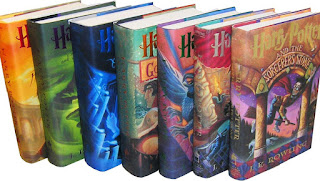Whatever genre of writing we do, we all need to develop our own reference library. Some of the books in my library are necessities, some are there because they came under my radar. Here are a few of the books that I currently will not part with:
- The Chicago Manual of Style, 15th Edition
- The Elements of Editing - A Modern Guide For Editors & Journalists, by Arthur Plotnik
- Elements of Fiction Writing - Beginnings, Middles, & Ends, by Nancy Kress
- Elements of Fiction Writing - Characters & Viewpoint, by Orson Scott Card
- Elements of Fiction Writing - Plot, by Ansen Dibell
- Elements of Fiction Writing - Scene & Structure, by Jack M. Bickham
- The Frugal Editor, by Carolyn Howard-Johnson
- Guide To Fiction Writing, by Phyllis A. Whitney
- Harper Dictionary of Contemporary Usage
- Manuscript Makeover, by Elizabeth Lyon
- Merriam Webster's Manual For Writer's & Editors
- On Writing Well, William Zinsser
- Oxford Large Print Dictionary, Thesaurus & Wordpower Guide
- The Plot Clock, by Joyce Sweeney, Jamie Morris, and Tia Levings
- Self Publishing Books 101, by Shelly Hitz
- Write From The Heart, by Hal Zina Bennett
- The Writer's Digest GuideTo Manuscript Formats, by Dian Dincin Buchman & Selo Groves
- Writing the Cozy Mystery, by Nancy J. Cohen
What does your reference library look like?
(c) June 2019 Bonnie Cehovet
Reproduction prohibited without written authorization from the author.







